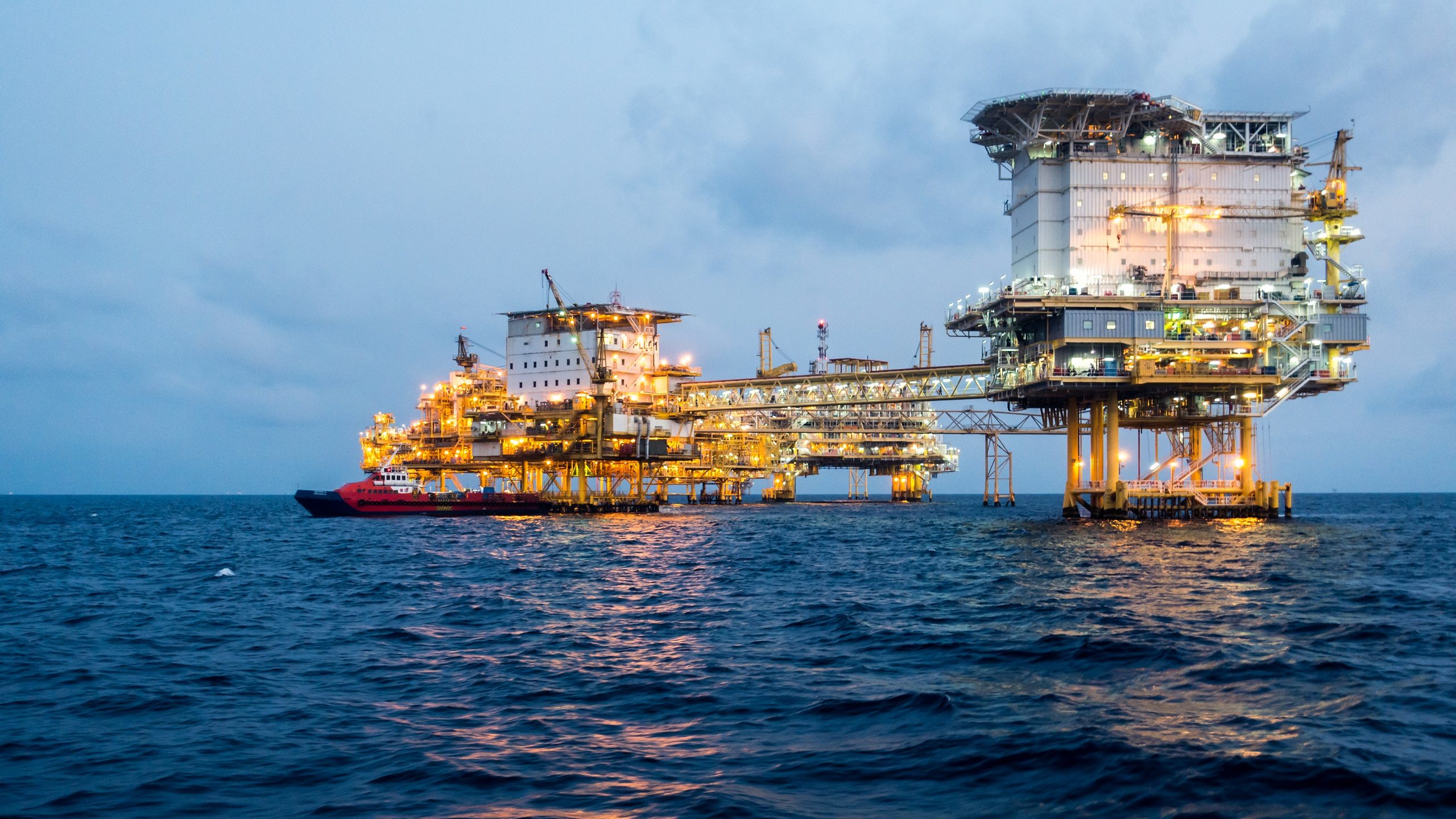Saudi Arabia, Kuwait To Explore Gas Field Also Claimed by Tehran
‘This decision will test the Kuwaiti-Iranian relationship,’ experts says
Saudi Arabia and Kuwait will develop the Arash/Dorra offshore gas field, whose ownership is also claimed by Iran.
The area, rich in natural gas, is crossed by the disputed maritime border between Kuwait and Iran.
“Saudi Arabia and … Kuwait reaffirm their right to exploit the natural resources in this area and that they will continue working to enforce what was agreed upon,” the Saudi Foreign Ministry said in a statement on Wednesday.
Gulf allies Riyadh and Kuwait allies have extended an invitation to Tehran to negotiate boundaries for the field.
“The Kingdom of Saudi Arabia and the State of Kuwait, as a single negotiating party, renew their invitation to the Islamic Republic of Iran to hold these negotiations,” the foreign ministry’s statement continued.
The dispute over the Arash/Dorra maritime gas field goes back decades. The field lies “in the offshore section of the Partitioned Neutral Zone between Saudi Arabia and Kuwait. But in Tehran’s interpretation, it also extends into Iranian waters, where it is known as Arash,” according to a report from the Arab Gulf States Institute in Washington.
Joe Macaron, a US policy analyst who focuses on the Middle East, told The Media Line the Saudi-Kuwait decision to develop this gas/oil field has been a work in progress and it is primarily meant to meet their domestic demand for gas.
“This will help Kuwait rely less on importing gas and make Saudi Arabia a player in the global gas market, and both will use a less polluting energy resource,” Macaron said.
Dr. Frank Musmar, an advisory board member at the University of Maryland Global Campus in the US and a nonresident researcher at the Begin-Sadat Center for Strategic Studies at Bar-Ilan University in Israel, told The Media Line that the recent gas developments in the Eastern Mediterranean also factored in the motivation to develop the disputed field.
“Saudi Arabia and Kuwait feel left behind, especially with the rapid developments in the East Mediterranean region,” he said.
With the discovery of gas reserves in the Eastern Mediterranean, Musmar continued, the Middle East countries naturally turned their attention to the area, and “the Arab states realized that peace with Israel had become a must to maintain the value of their natural resources.”
That is why, he explained, this year has witnessed rapid diplomatic developments among Turkey, Israel, Armenia, Greece, Russia, Ukraine, the European Union, and many others focused on the future of the area’s energy supplies.
However, this latest development regarding the Arash/Dorra field could be problematic for some of the friendly relations between countries of the Gulf.
Macaron explained that the move could endanger Iran’s ties with Kuwait, which is one of the Arab Gulf countries with a better relationship with the Islamic Republic.
“This decision will test the Kuwaiti-Iranian relations that have long been cordial since their joint maritime border where the field is located is not yet demarcated,” he said.
What happens next depends on Iran, he said.
“The ball is now in the Iranian court. The question is whether Tehran will go far and display its military option to warn Saudi Arabia and Kuwait not to explore the field without its participation,” he said.
This could become a contentious issue between Iran and the Gulf states if it is not appropriately addressed in the next few months, he added
Qatar and Oman, the other Gulf countries that are relatively friendly with Iran, Macaron said, will keep a low profile on the issue for now.
“They have no interest to speak up as long as Iran and Saudi Arabia/Kuwait are declaring intentions to talk, and no doubt both Qatar and Oman will at some point help these talks to advance or defuse any potential tensions if needed,” he continued.
Musmar believes that with this move, the Arab Gulf allies are trying to improve their standing in the energy market with the intention of expanding their exports to Asia.
“Saudi Arabia and Kuwait are trying to add more value to their position in the energy market and, most likely, the Far East market, especially in China,” he said.
This is relevant since the future of the energy market has already shifted toward the East Mediterranean, which will help fill the gap left by sanctions on Russia by supplying gas to European countries from offshore reserves via Turkey, Musmar said.

